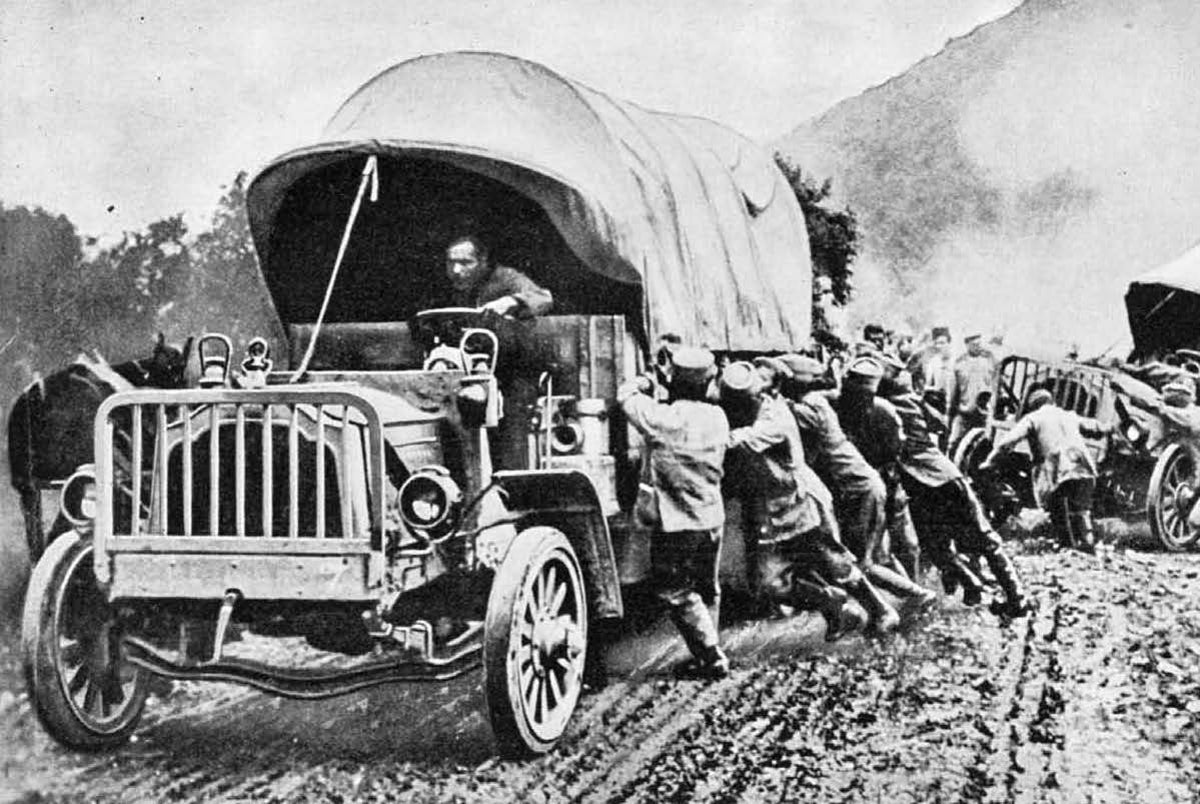I'm sorry, but you're clueless about the history of banking. The U.S. was using paper/credit/fiat money during this time period. Yes, the paper bills/bank notes were ostensibly backed by gold or silver and could be redeemed for it, but in reality banks were issuing paper currency far in excess of their gold reserves to meet the needs of the growing economy. This inevitably led to regular bank failures, culminating in the Panic of 1907, which was the impetus for the creation of the Federal Reserve.
The fiat/credit money system is certainly imperfect, but overall it has proven itself as the most effective method for promoting economic growth and prosperity. At no point in history was there ever an actual hard deflationary currency widely used for commerce. Even in ancient times, kings were constantly shaving down their coins, and the supply of precious metals for coinage expanded gradually through mining and martial acquisitions. The history of banking goes back thousands of years to the dawn of human civilization, and the money supply has never been strictly tied to a deflationary commodity or currency. Why? Because it simply does not work.
I literally just explained this: a deflationary currency cannot expand to meet the needs of economic growth. It's that simple. A hard gold/Bitcoin standard results in people hoarding money rather than deploying it into the economy. You seem unable to grasp the fact that money itself - whether in the form of dollars, gold or Bitcoin - has no value. Money only has value insofar as it can be exchanged for actual goods and services. It is a tool that facilitates commerce and economic investment, not something that has intrinsic value in and of itself. Money must be spent or invested to be useful, and a deflationary currency incentivizes its owner to hoard it rather than deploy it productively. Over time this has a profoundly depressing effect on economic activity, which causes a reduction in real wealth.
Talk about a Kool-Aid drinker.
Firstly regular smaller failures is what stops systemic risk from building up to a 2008 style too big to fail situation. Also when governments backstop everything it promotes distorted risk taking behavior due to privatization of gains and socializing of losses i.e. crony capitalism. Yes JP Morgan got the bankers together to resolve the banking panic of 1907 but even before that previous depressions and banking panics were relatively short lived despite the lack of government interventions. This is because a capitalist economy has natural stabilizing mechanisms (i.e. price). If asset prices fall enough those who cashed up will step in to buy assets and the price will start rising again. If wages fall enough and rents fall enough then it will become profitable enough for business to expand again. If consumer prices fall enough consumers will start loading up on cheap goods, etc.
Yes in ancient times kings clipped coins but the coin clipping always coincided with a decline of the empire and an economic downturn. Coin clipping is always a desperate last measure. When empires were at peak prosperity they weren't coin clipping or diluting gold coins with copper etc. And whenever these things happened the economy always got worse. Inflation is always bad except for the few who are closest to the money printers. Notice how most financial collapses in history occur during periods of extreme money debasement? Venezeula, Zimbabwe, Weimar Republic etc. Can you point to a period where hard money policies caused a total economic collapse?
Are you completely ignorant of Austrian economics? Go read Murry Rothbard, Ludwig Von Mises, Frederich Hayek, Carl Menger etc and stop getting your ideas from discredited retards like John Maynard Keynes.
Obviously money itself is only valuable as a medium of exchange in most cases and I don't claim otherwise where did I make that assertion? Austrian economists hundreds of years ago debunked the myth that deflationary money is bad. That is idiotic Keynesian dogma. Believing inflationary currency is good is retard level stuff.
The point is that humans are not robots they have needs and wants so money hoarding due to a deflationary currency only goes so far its not an endless death spiral process. If you need food you are going to buy food not hoard your money because its value will go up next year. If you don't have a TV and you want to watch TV you will forego the gains from hoarding your money buy a TV. Yes frivolous consumption will go down with deflationary money but that is a good thing! We live in a wasteful society. Why do women need to by that 5th handbag or that 20th pair of shoes that they will only wear once?
And when people become wealthy enough or stuff gets cheap enough they will spend their money. Again the natural balancing mechanisms of capitalism. Many early adopters who have bought bitcoin under $1000 per coin have sold some of their stash and bought mansions, Ferraris etc despite the fact they think bitcoin will keep climbing in price because they have more than enough money and they want to buy stuff!
Also if Bitcoin becomes the global currency then it is the default risk free rate of return so people will still invest in stuff because the return will be denominated in Bitcoin! If you spend 100 Bitcoin to build a hotel and it produces 10 bitcoin per year in cashflow then you gain 10 bitcoin per year rather than hoarding your 100 Bitcoin which will will remain as only 100 Bitcoin.
The whole ethos of capitalism is to provide consumers with cheaper goods over time. As technology improves stuff gets cheaper to produce. The only reason stuff is getting more expensive is due to monetary debasement.
Also a lot of wars are funded by money printing so there would be less warfare under a hard money standard. Also there is no reason investment would go down due to deflationary currency because there are so many basic needs in the world not being met that there is still ample need for investment to the point where almost unlimited capital can be used. How many worthwhile toll roads, trains, private hospitals, internet and telecom infrastructure can still be built in third world countries? A lot! Heck even in USA there is a lot of crumbling infrastructure that needs to be rebuilt. As long as the returns are attractive enough people will invest their money. Besides a deflationary currency will stop people land prices from going to the moon because will stop hoarding houses as a store of value.



